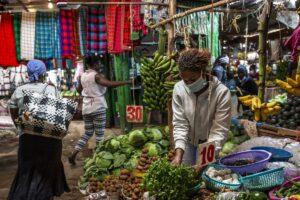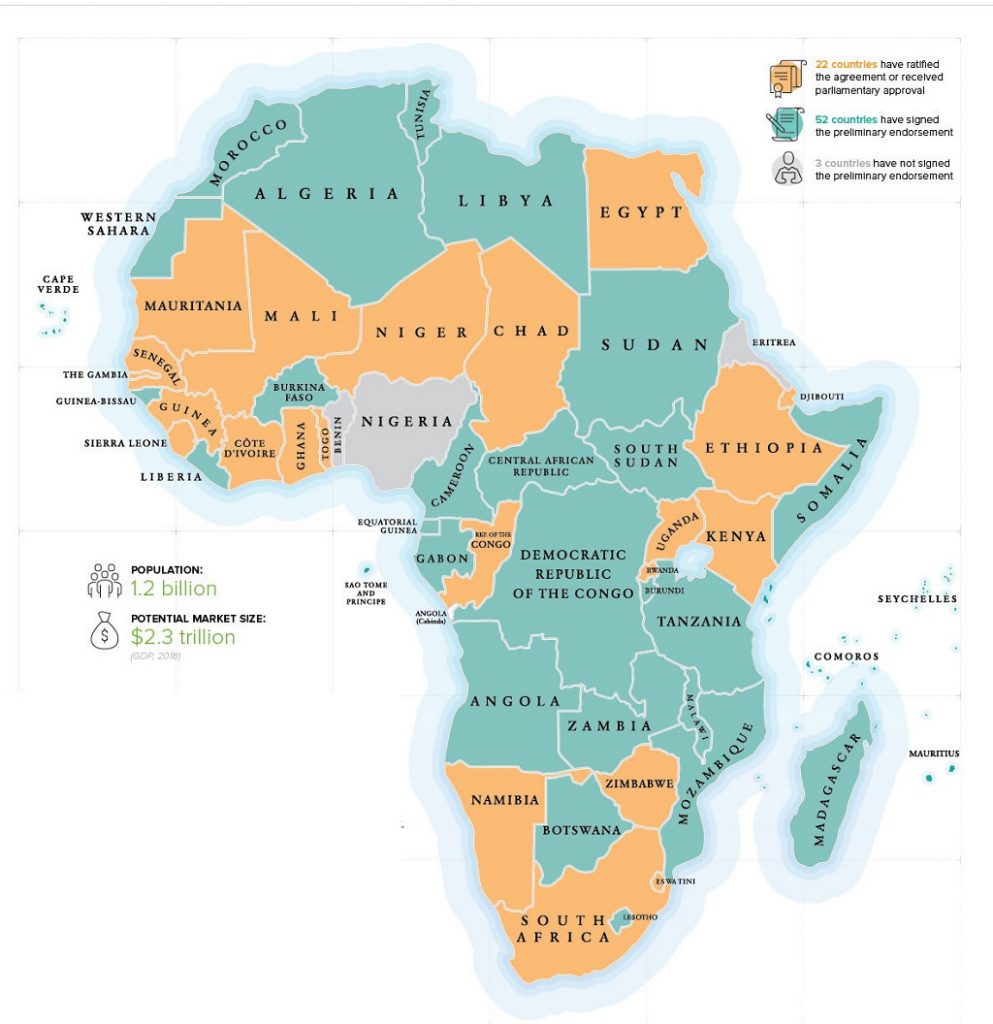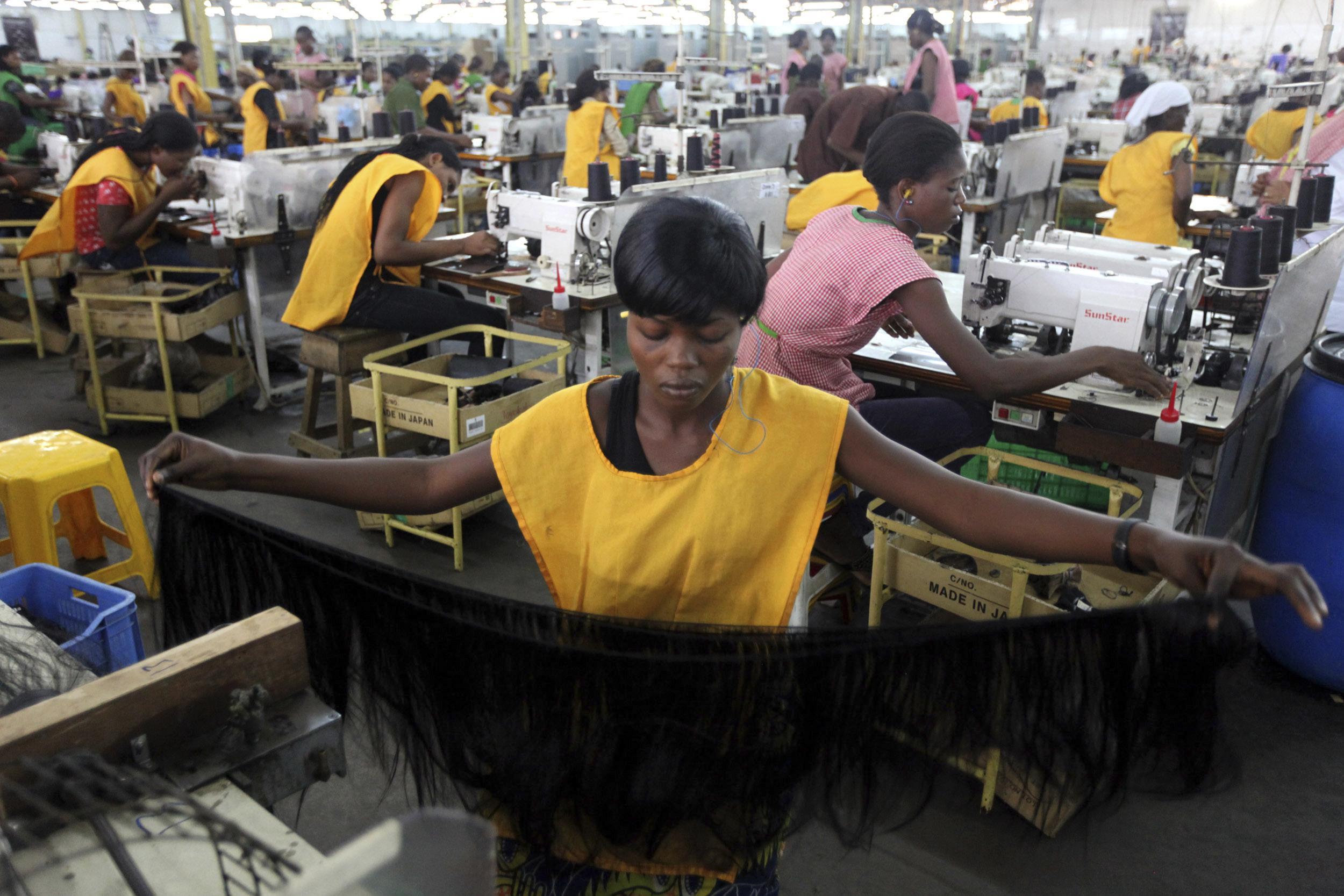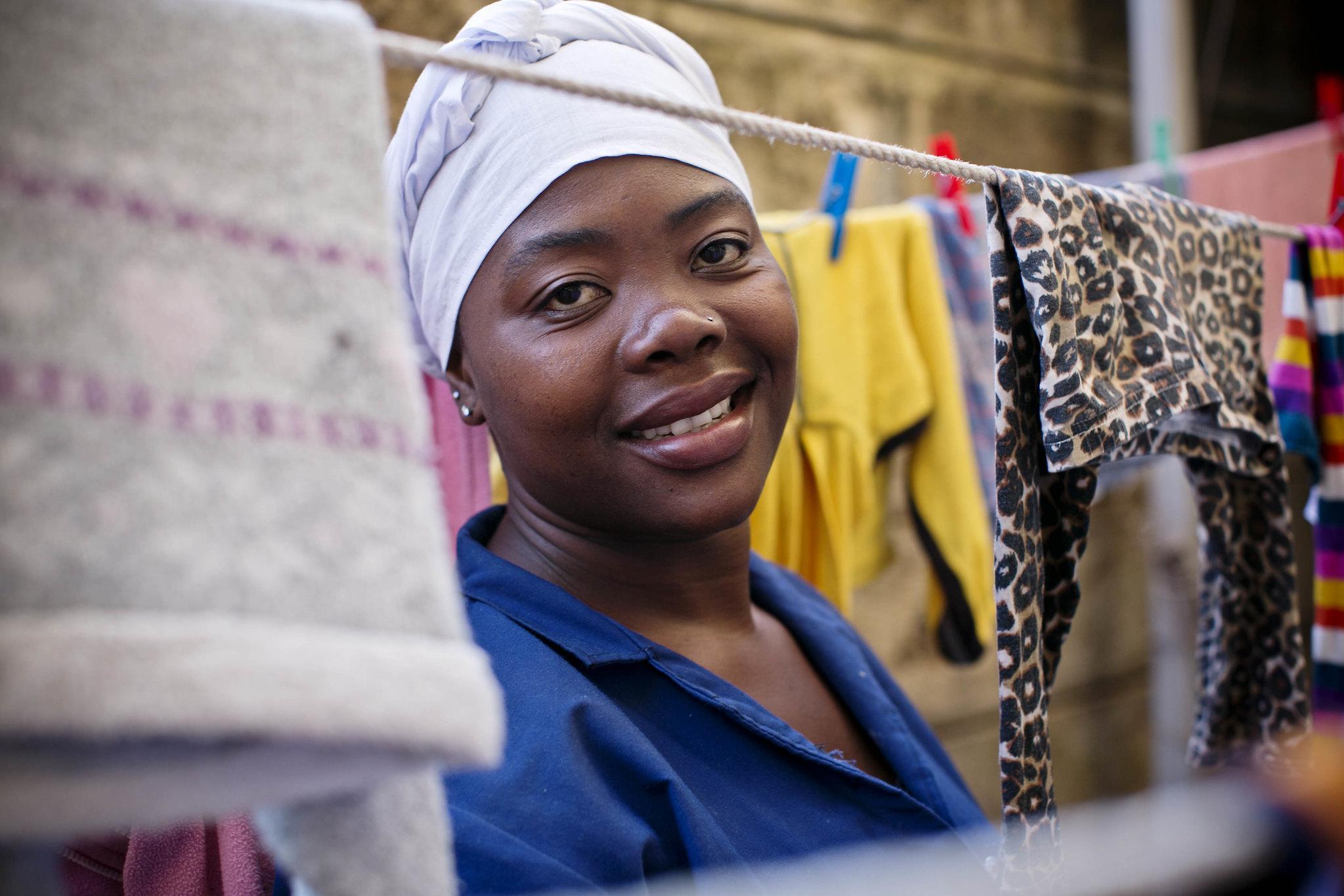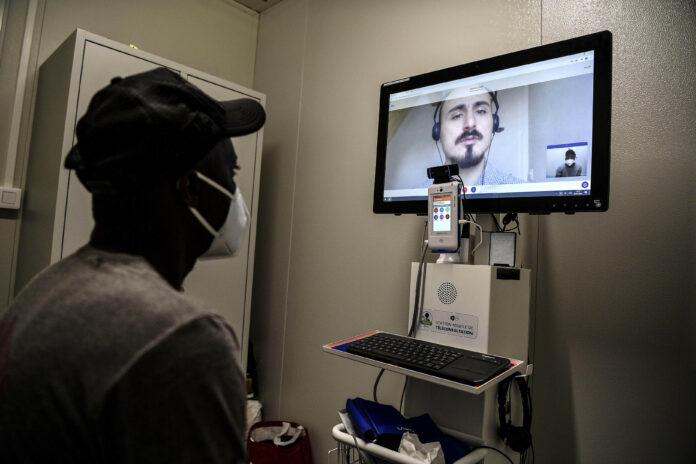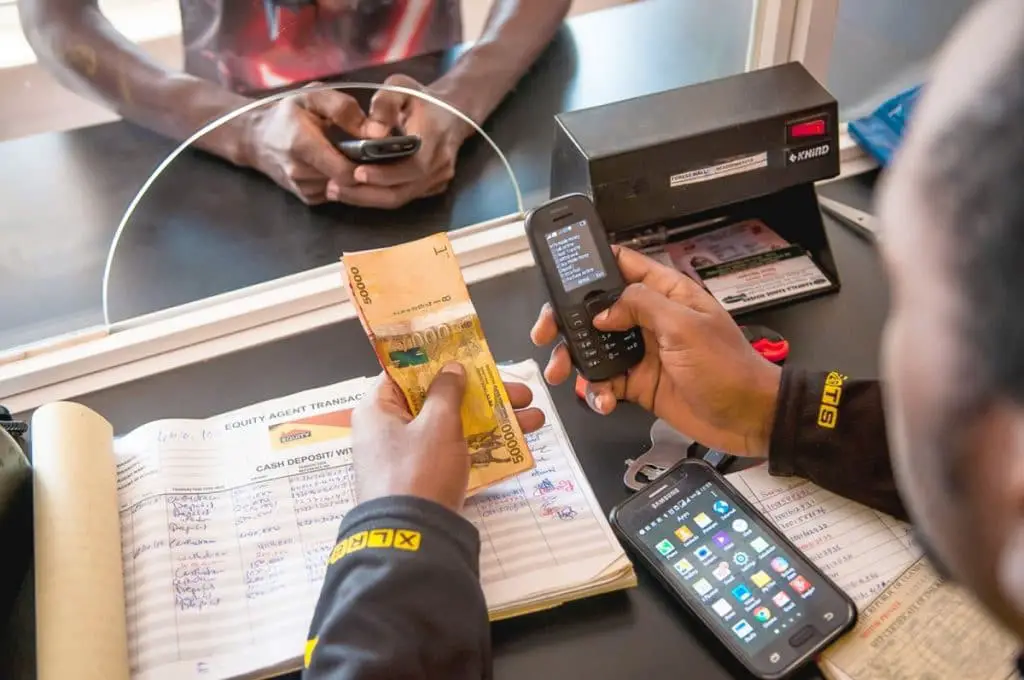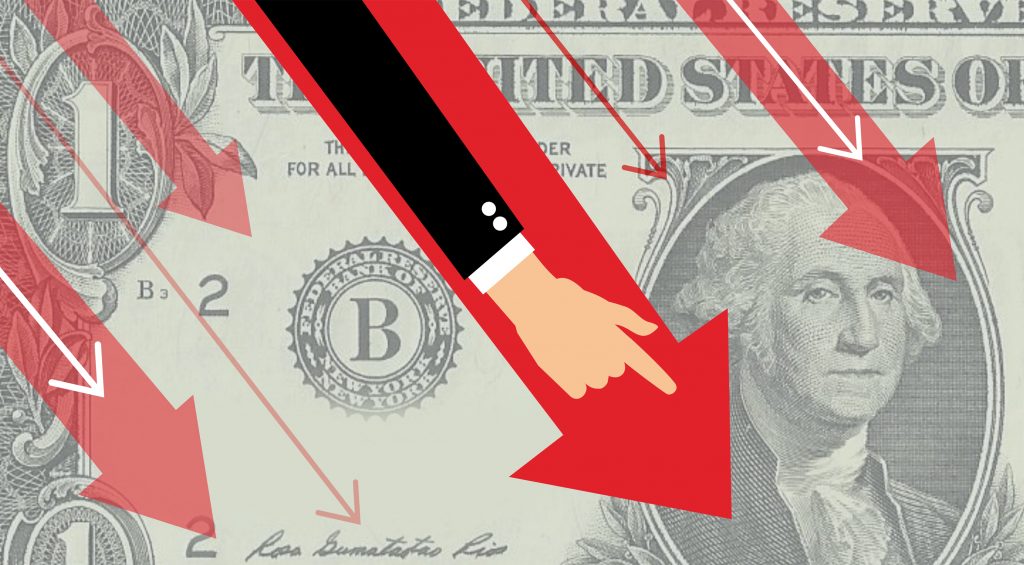- Kenya, Tanzania braces for torrential floods as Cyclone Hidaya approaches
- EAC monetary affairs committee to discuss single currency progress in Juba talks
- Transport and food prices drive down Kenya’s inflation to 5% in April
- Payment for ransomware attacks increase by 500 per cent in one year
- History beckons as push for Kenya’s President Ruto to address US Congress gathers pace
- IMF’s Sub-Saharan Africa economic forecast shows 1.2 percent GDP growth
- The US Congress proposes extending Agoa to 2041, covering all African countries
- Millions at risk of famine as fuel tax row halts UN aid operations in South Sudan
Browsing: Africa
E-barriers are even more cumbersome than barriers to physical trade…
Human Capital Horizon matters?
The human population comprises of valuable elements necessary for the development of the modern world. As the world keeps to shake off the remnants of the coronavirus, there are some crucial ideas emerging and compelling vital changes in the way humans work. As stability is being restored, it is important also to rethink how to sustain the human capital value over space and time. The future of work is dependent on how human capital is dispersed globally and how it reacts to what we would call the development of the modern world.
The current global crisis reveals holes in various sections of the workforce, including financial security and health coverage. With respect to Africa, the figures are heightened, and the “holes” as one would look at, in particular the formal employment sector, the numbers are astronomical.
Africa alone has more than 24 million …
Having an honest job is one of the most respectable activities a person can be consumed with. As long as one is able to pay bills, sustain their livelihoods, while living a dignified life, and of course pay taxes, should the latter be of grave concern, being employed has a positive social stigma associated to it.
Regardless, the privilege of having a job, especially today is one that many take for granted. Youth, in particular, those entering the workforce have an even tougher road to trek, when finding employment. The matter is worse in the developing world, where jobs are increasingly becoming scarce, even though politicians consistently campaign about job creation as a means to win voters.
Over the course of the past decade, labor productivity has become a major issue affecting all corners of the globe, but in Africa, the situation stands in peril.
The International …
The UK-based development finance institution and impact investor, CDC, invested $40 million dollars into Liquid Telecom. The deal is part of an equity arrangement initially structured in 2018 when the CDC made a $180 million dollar transaction.
The investment will fund the expansion of Liquid Telecoms, Africa Data Centres with the aim of positioning the company as the top data center operation in Africa.
Data centers reduce costs for businesses by offering affordable data storage. In addition, the development of software as a service (Saas) applications will spur innovation and increased activities in start-ups as it allows for improved delivery of software such as office software, payroll processing, collaboration tools, and human resource management among others.
Liquid Telecom is a communications solutions provider that offers independent fiber, data centers, and cloud technology. It operates across sub-Saharan Africa with a footprint in 13 countries. The company has built the largest fiber …
The services sector registered a majority of 25 projects followed by the manufacturing and export trade sector with 21 and 11 projects respectively…
A South African health-tech company Udok has sealed $613 000 (ZAR 10 million) in Venture Capital funding from FinX capital.
The money raised will be used to spearhead expansion. The Capetown-based startup has partnered with Clicks Stores to provide consultations in Click’s pharmacy clinics. With Clicks being one of the largest pharmacy retailers in South Africa, this will give the firm access to a large clientele base.
The company also plans to roll out laboratory testing using the Clicks network to provide lower-cost testing services for patients. Currently, the costs of laboratory testing are above the reach of many.
Founded in 2018, Udok enables individuals to access healthcare services via a digital platform. This includes virtual consultations with doctors, receiving prescriptions, and getting access to remote admissions.
The company uses smart technology for examinations during the consultation and allows users to access their health records from anywhere. Leveraging a digital …
Winners of the 2020 edition of the Private Equity Awards Africa are set to be announced on 19 November 2020. There are 19 African focused private equity firms in the running for the house of the year position.
In the previous year’s awards, the house of the year award went to Development Partners International, a firm that manages over US$1.6 billion in pan-African private equity.
Several other subcategories will rate private equity firms in terms of deal size, the exit of the year, debt and infrastructure, and a portfolio company of the year. The competition also includes a category for the best advisors and fund administrators.
The London Business School Private Equity Institute in conjunction with the private equity awards advisory panel will make recommendations for the deserving winners.
The ultimate winners will be chosen by an autonomous panel of judges which comprises some of the …
Africa has more digital financial services deployments than any other region in the world, with almost half of the nearly 700 million individual users worldwide.…
The European Union included four African countries in its list of countries that it says pose significant threats to the financial system of the union. Uganda stayed put on the list while Ethiopia and Tunisia were dropped because of reforms they have made in tackling money laundering and terrorist funding.
The list which was published earlier this year came into effect on the 1st of October. Included on the list are Botswana, Ghana, Zimbabwe, and Mauritius. These jurisdictions fall under the category of high-risk countries that’s show “strategic deficiencies” in their anti-money laundering and counter-terrorist financing framework.
Spotlight on Mauritius
Notable on this list is Mauritius which is a vibrant International Financial Center and has been considered the best jurisdiction to direct investments into Africa. Mauritius has tax treaties with about 18 countries on the continent
The EU acting on the findings of the Financial Action Task Force found Mauritius …
A pre-budgetary statement released by the Ministry of Finance projects a slowdown in inflation to an estimated 134% at the end of 2020 from 660%. The inflation slowdown will ride on the back of the foreign exchange auction system that has been adopted by Zimbabwe’s monetary regulators. There is anticipation that this system will lead to sustained exchange rate stability.
The Reserve Bank has also proffered a strong grip on money supply to curtail the inflation rate. Money supply growth has been one of the major reasons for the burgeoning rate of inflation.
source: tradingeconomics.com
The finance minister also projected economic growth of 7.4% in 2021 from a 2020 slowdown of 0.4%. The minister, in addition, promised to sharpen the investment climate and attract fresh capital to the struggling nation to realize these ambitious growth figures.
Recovery from the Covid-19 pandemic, resumption of global economic activity as well as …


